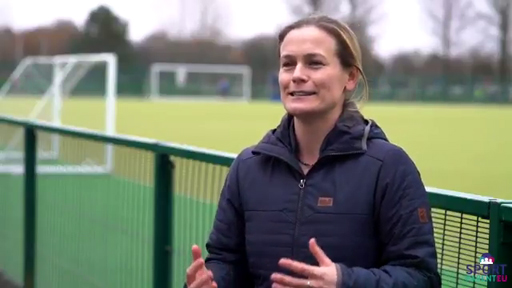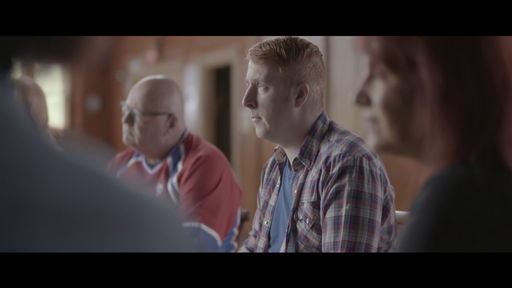6 Parental involvement and early specialisation
Parents have considerable influence over their child athlete’s engagement with sport and would benefit from understanding the principles of both needs supportive coaching and the importance of creating positive motivational climates.
This short video clip from Dr Camilla Knight, Associate Professor at Swansea University, provides a useful introduction to a parent’s influence:

Transcript: Video 3
A social perspective (e.g. Coakley, 1992) on preventing burnout argues that burnout often stems from the way sports are organised and that the emphasis adults place on sport is inappropriate. Both the International Olympic Committee (Bergeron et al., 2015) and the American Medical Society for Sports Medicine (AMSSM) (DiFiori et al., 2014) have issued position statements about youth sport in which they warn of burnout. The AMSSM summarised the problem:
an emphasis on competitive success, often driven by goals of elite-level, travel team selection, collegiate scholarships, Olympic and National team membership, and even professional contracts, has seemingly become widespread.
Both organisations associate burnout risk with young people who specialise in one sport year-round. It is called early specialisation, when focused training is undertaken before puberty.
Attempting to re-orientate the adult view of sport by influencing parents is a major task at a national and international scale. Powerful commercial interests, such as professional sport, also need to change. The following activity shows how worthwhile attempts are being made to change adult views.
Activity 5 The dark side of too much parental involvement
Watch this light-hearted video in which a group of recovering Canadian sports parents discuss how their ambitions for their child’s participation in sport have been thwarted. What do you think are the three main messages in this video?

Transcript: Video 4
Discussion
The headline message is that children playing more than one sport benefit from a more holistic development and are less likely to become injured or experience burnout. A second point was made about the dangers of children starting dedicated training and specialisation too early; it was suggested this is often fuelled by unrealistic parental aspirations for elite success. The third point concerned parental identity becoming too closely associated with children’s athletic achievements.
Parents should avoid encouraging their children to specialise too early. A strategy for preventing burnout through fostering multiple identities is something parents should also be aware of as you will look at next.
